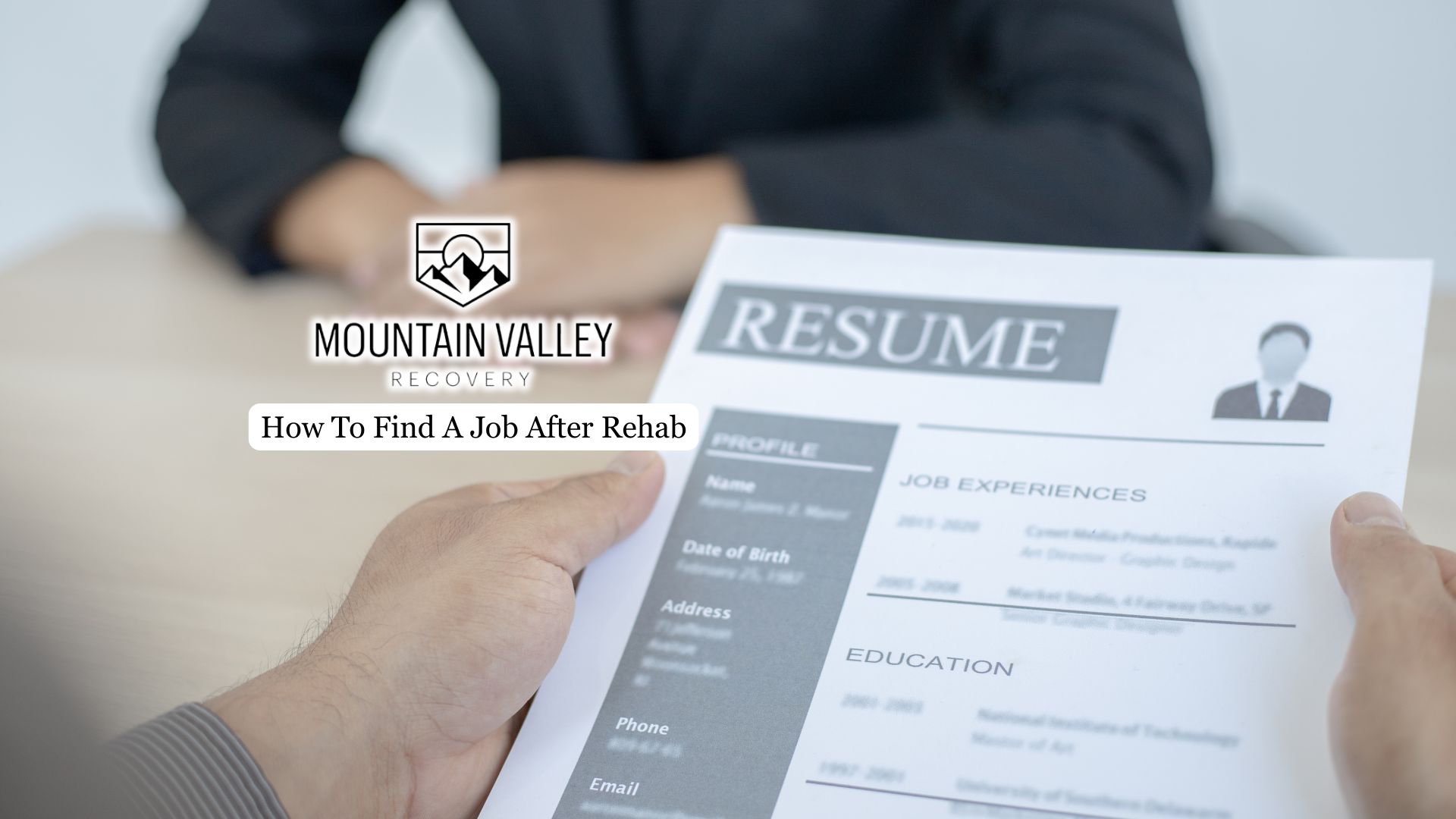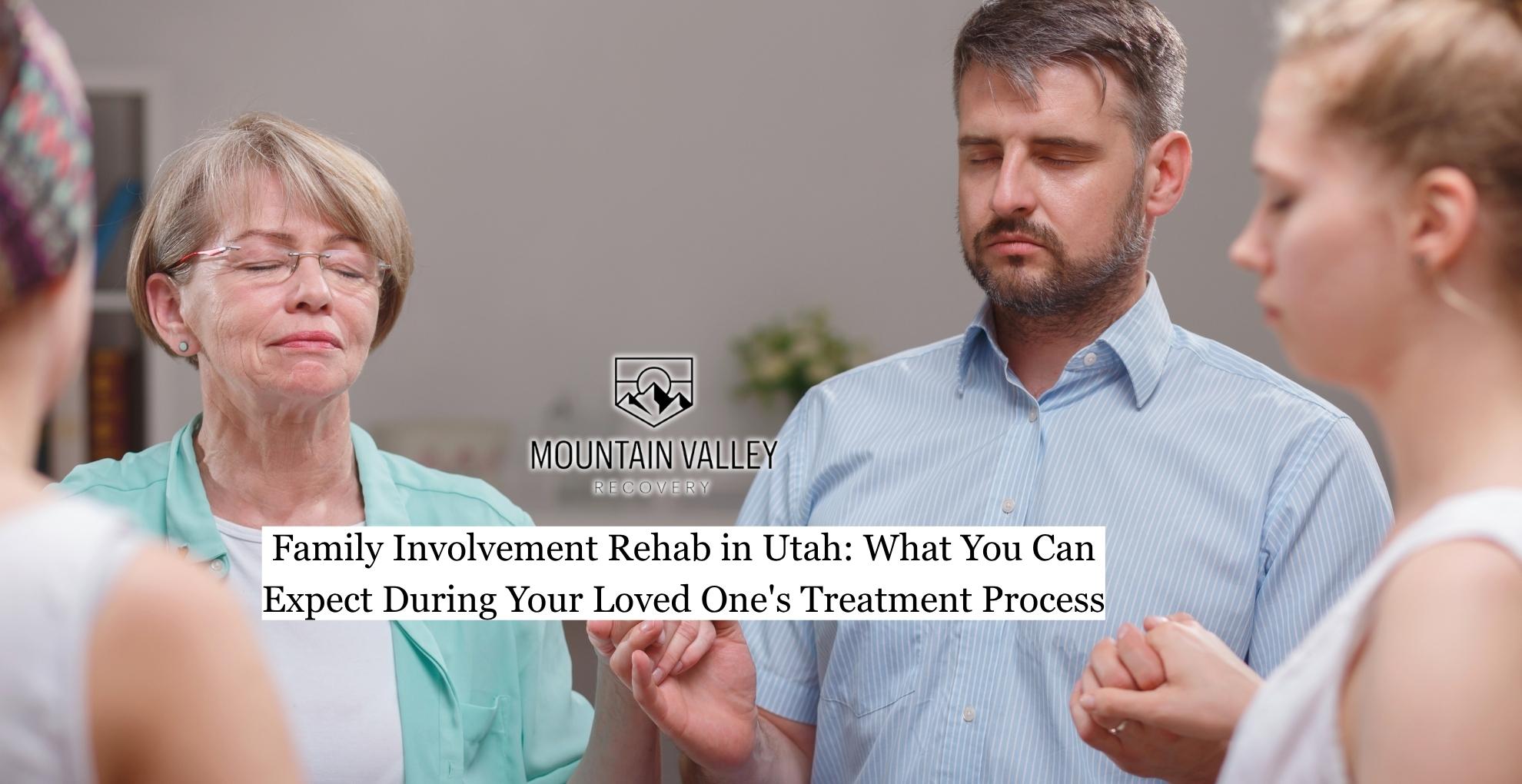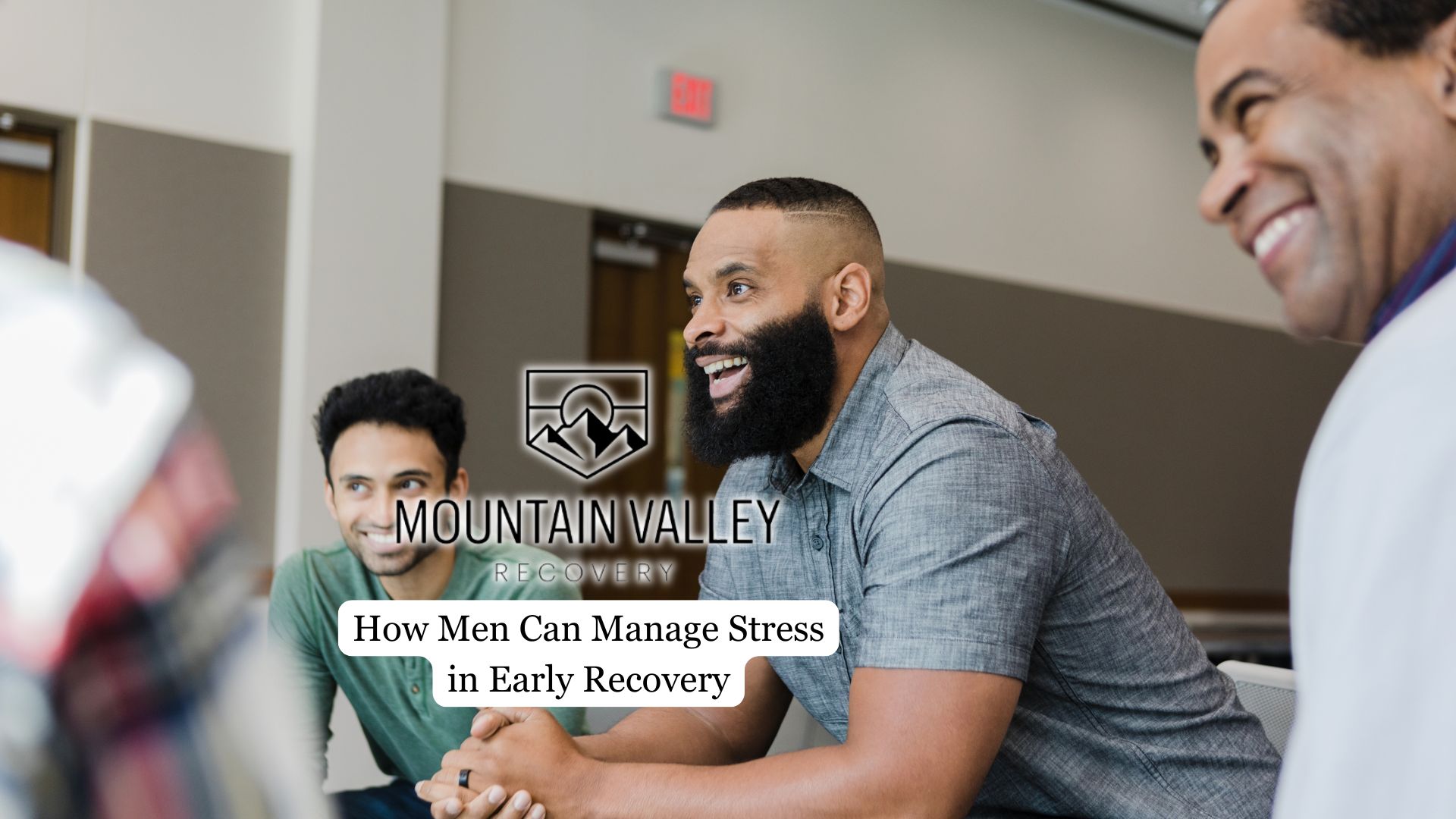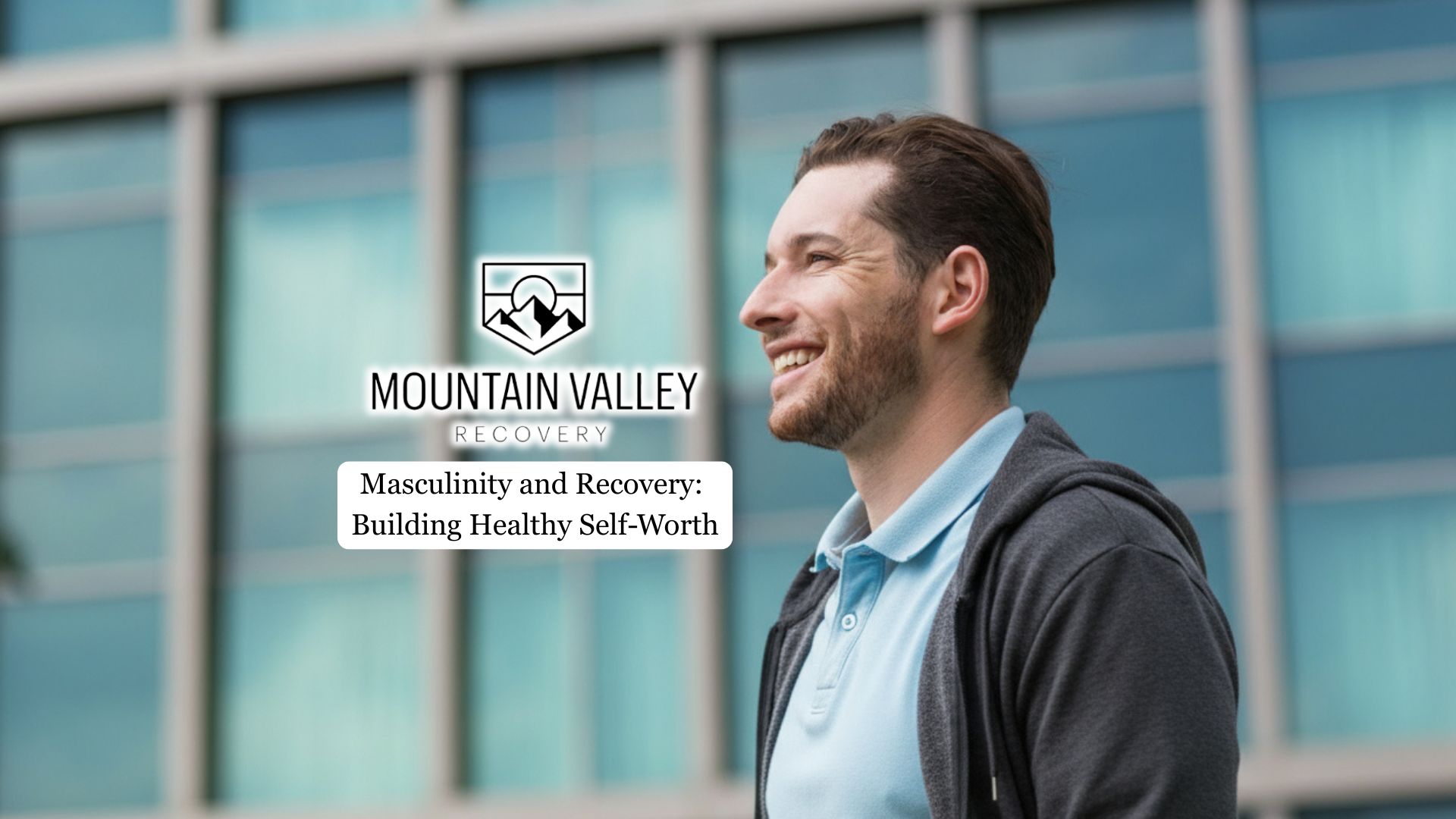Rebuilding life after treatment often includes reentering the workforce. Finding a job after rehab can feel overwhelming, but it is also a vital step toward independence, stability, and rebuilding self-esteem. Employment provides structure, accountability, and financial security while reinforcing the positive changes made in treatment.
This article outlines strategies and practical steps to help individuals navigate the employment market after completing addiction treatment.
Assessing Readiness for Employment
Before starting a job search, it is important to honestly assess personal readiness. Jumping back into work too soon can create unnecessary stress that may interfere with progress, especially for those rebuilding life after addiction. Consider current physical health, emotional stability, and access to support systems. Coping strategies for stress, time management, and maintaining sobriety should also be in place before pursuing employment.
Speaking with a counselor, career advisor, or mentor can help evaluate preparedness. Taking this time ensures that the transition into employment strengthens recovery rather than putting it at risk. This is why some addiction treatment facilities, such as us at Mountain Valley Recovery, also integrate a vocational program into their rehab services, helping men rebuild life skills while preparing for both personal healing and future employment.
Building a Strong Foundation
Start by updating a resume, highlighting transferable skills, and tailoring applications to specific roles. Practicing interview skills with a trusted friend or advisor can reduce anxiety and build confidence. Gathering professional references, even from volunteer roles or community involvement, helps demonstrate reliability.
Enrolling in training courses, workshops, or certification programs is another way to strengthen qualifications and remain competitive in today’s job market. Some rehab programs incorporate workforce readiness into treatment, giving participants valuable opportunities to learn new skills and prepare for future employment. Establishing this foundation creates a smoother path toward steady work.
Exploring Opportunities and Resources
Career centers, workforce development agencies, and nonprofit organizations often have specialized programs for individuals in recovery. These programs may offer resume support, job placement services, or connections to employers who understand the unique challenges faced after rehab. Online job boards and community listings can also be helpful, especially when paired with networking efforts.
Volunteering, internships, or part-time work are effective ways to gain experience, rebuild confidence, and show commitment to future employers. These opportunities also help individuals establish new routines, expand support networks, and demonstrate reliability while adjusting to a healthier lifestyle.
Addressing Employment Barriers
Gaps in work history or legal issues are common concerns for individuals reentering the job market after treatment. While these challenges may feel discouraging, they do not have to stand in the way of success. Learning how to explain employment breaks with professionalism and honesty during interviews reduces stigma and builds trust. For those with criminal records, many states and organizations provide reentry programs, offering guidance and connections to employers open to second-chance hiring.
Persistence, coupled with the right support, helps transform potential barriers into opportunities for growth. Consistent effort demonstrates responsibility and reliability, which are qualities highly valued by employers.

Maintaining Balance After Employment
Getting hired is only the beginning. Maintaining a healthy balance between work and personal well-being is essential for long-term stability. Creating a structured schedule that allows time for therapy, support group, and self-care ensures continued focus on health. For some, disclosing recovery status to an employer is not necessary. Open communication can help supervisors understand specific needs and prevent unnecessary stress.
Building a sustainable routine that includes both professional responsibilities and personal wellness practices allows individuals to thrive in both areas of life. This balance strengthens confidence and ensures that employment supports, not hinders progress.
Final Thoughts from Mountain Valley Recovery
Finding a job after rehab is about more than financial independence. It is about creating stability, regaining confidence, and continuing the path toward lasting change. With preparation, persistence, and supportive resources, individuals can reenter the workforce and build a stronger future.
At Mountain Valley Recovery, we understand the challenges that come with transitioning from treatment to everyday responsibilities. Our men-only rehab programs in Utah emphasize workforce readiness, skill development, and long-term planning to prepare individuals for success beyond treatment. Combining recovery support with practical life skills, we help clients move forward with confidence and resilience, creating opportunities for meaningful change in both personal and professional life.





